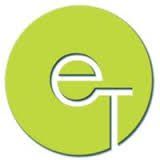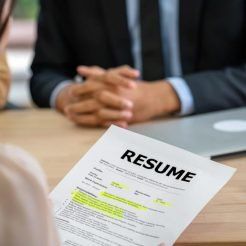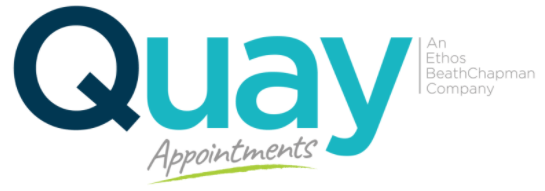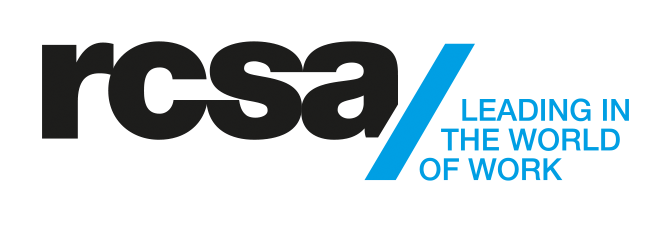There’s no ‘I’ in team. But there is a ‘me’ and that’s the key

Whenever I hear a manager make a comment that someone is ‘not a team player’ and as a coaching tool, they’ve reminded them that there is no ‘I’ in team, i’m always curious of its effectiveness as a comment. It’s true, some people are naturally more ‘I’ focused and aren’t as thoughtful of others. Some environments are specifically set up for individual success (sales environments spring to mind) yet still purport to foster a team environment.
When we look at the bulk of performance and development plans that are set, they focus on individual results, individual behaviours tailored toward achieving team and organisational results. That makes sense. However there are some simple things we can be more mindful of if we wish to facilitate better team cohesion and therefore drive better results. The two aren’t mutually exclusive, in fact, engagement has been proven to be a key driver in success by a recent Gallup survey.
Here are three things you might wish to consider in getting the best out of your ‘I’s within your team.
- Manage the storming process quickly and make the team aware that it’s a necessary part of team development. Bruce Tuckman (1965) nigh on 50 years ago identified the stages that groups need to move through before they become a high functioning team. The storming stage is one of conflict, asserting individual power, jockeying for positional power and developing a surface level understanding of each others strengths and weaknesses. Herein conflict rears its ugly, but necessary head as we realise we are different. That’s a natural progression and if we really and truly wish to have a diverse team of approaches to our role, technical ability, personality styles, abilities and the like then we need to learn what they are and how to leverage them. It’s our job as managers to help our staff through those differences. If we don’t, in some respects we are engaging in just as much of a lack of understanding as our team members. If we can’t have honest debate, then we’ll never get to a norm.
- This leads me to the second point. Take time to learn our role approach preferences. How do we like to make decisions? How do we like to process information and build rapport? And how does this translate into real world difference. Rather than just being repelled by difference, explore the nature of it and learn the benefits of each approach.
- Develop an honest culture of feedback. Both positive and negative. Most people when polled would argue that they don’t receive enough feedback in the workplace, but unless we take time to learn what kind of feedback people like, HOW they like to receive feedback and how to GIVE feedback and be courageous about it, we don’t develop deeper understandings of ourselves. Ken Blanchard famously quipped that ‘feedback is the breakfast of champions’. I would say most people are going hungry in the morning by that account.
- And finally, when was the last honest ‘health check’ you did of your time. A SWOT exercise is useful to work out what we are doing well and what we aren’t. But then developing a kind of ‘moving forward” activity such as ‘what do we need to STOP doing as a team; what actions or behaviours to we need to START engaging in and what actions or behaviours, norms etc are working well that we need to keep doing.
Try these simple tips. Let me know of your successes. Thanks!
Eureka Training brings years of experience to the table to help you get what you want from your people. They do this in such a way that they build rapport with unique facilitation styles, our commercial-savvy manner, and by taking a truly ‘consultative’ approach. Their consultants are a collection of talented individuals, all with business acumen, who understand the bottom line. If you would like to find out more about Nick Mills please visit www.eurekatraining.com.au











